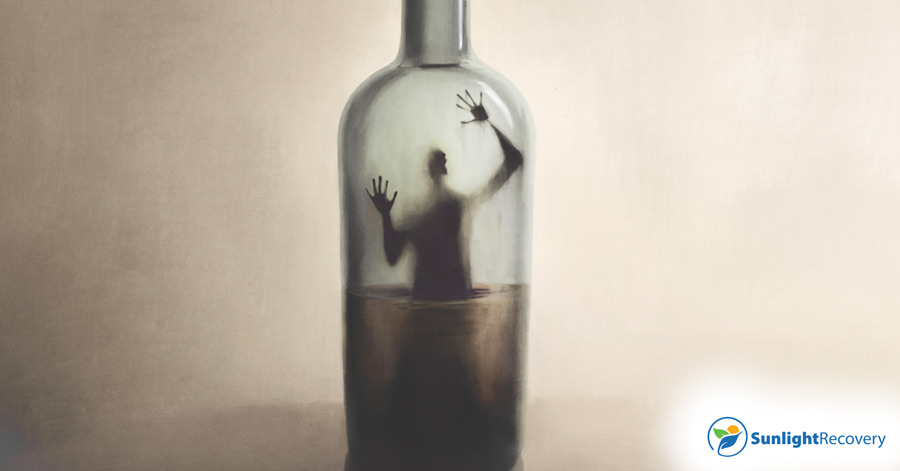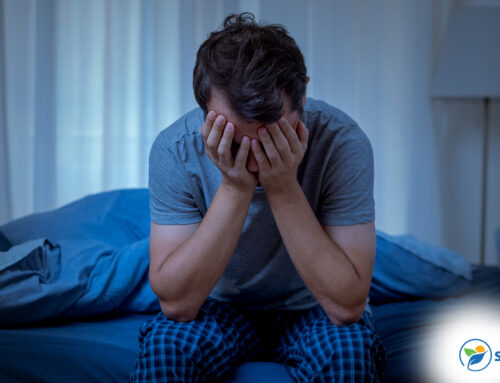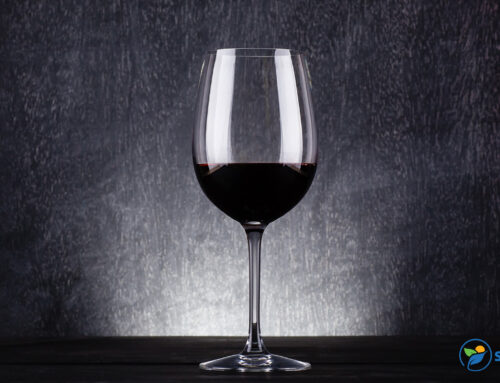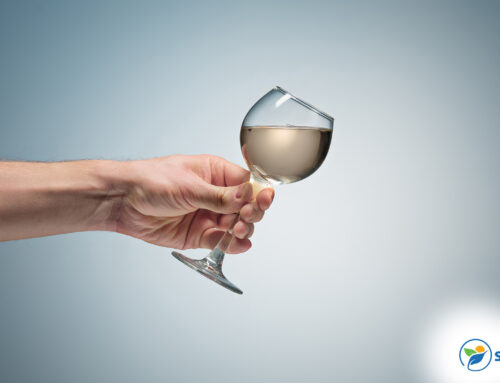Pouring a few glasses of wine after a tough day at work. Stopping by the bar a couple of times a week to forget about a bad breakup. In situations where alcohol is used as a coping mechanism for life’s troubles, it’s often known as “drowning your sorrows.” Of course, excessive alcohol consumption won’t solve your problems, but it’s easy to see how a person might turn to intoxication as a way of handling challenging situations.
People suffering from mood disorders are especially prone to the practice of drowning their sorrows because alcohol is commonly used as a form of self-medication. Studies suggest that nearly a quarter of people with depression and anxiety self-medicate their conditions with alcohol. However, excessive drinking can lead to a whole host of other issues, from addiction to strained relationships with loved ones. Learning better habits and seeking help are key steps to overcoming your tendency to drown your sorrows with alcohol.
The Negative Consequences of “Drowning Your Sorrows”
Alcohol can be fine in moderation. In fact, there are numerous studies pointing to the benefits of alcohol in reducing heart disease and lowering the risk of diabetes. However, alcohol can quickly become an unhealthy addiction, especially if it’s being used as a self-medication tool.
Alcohol addiction is one of the most common types of addiction, and it can wreak havoc on your body if left untreated. For example, you might find that you have high blood pressure or an impaired memory from drinking too much. Excessive alcohol consumption is especially dangerous for vital organs, including the liver and stomach. Eventually, too much alcohol can lead to serious health problems such as cancer or fatty liver disease. Importantly, alcohol consumption during pregnancy is associated with premature birth and birth defects.
Drowning your sorrows with alcohol can also put a strain on your personal relationships. Alcoholism is often accompanied by a sense of shame or guilt that may take a toll on your self-esteem and affect how you interact with your partner or loved ones. Furthermore, many people who turn to drowning their sorrows run into financial troubles as a result of their alcohol consumption, which can add further pressure to their relationships and social life.
Alternative Coping Mechanisms to “Drowning Your Sorrows”
Due to its high potential for harm and addiction, alcohol shouldn’t be a primary coping mechanism for dealing with anxiety and depression. Fortunately, there are plenty of healthier ways to manage your condition.
Regular physical activity has been proven to reduce depression and improve mood. Studies show that 30 minutes of exercise a day a few days a week can improve your stress levels. Exercise increases neurotransmitters called endorphins, which are some of the chemicals responsible for helping you feel good and relaxed. Running, swimming and biking are all activities you can do instead of drinking alcohol when you feel sad or depressed. Alternatively, both yoga and meditation are lower-impact practices that have been shown to have the same effects.
Medication is also available for individuals with depression. Antidepressants are substances that are designed to boost your mood by releasing chemicals in your brain, such as serotonin and noradrenaline. A psychiatrist or primary care doctor can prescribe these medications to you after an evaluation of your symptoms and health history. Keep in mind that it’s extremely dangerous to mix antidepressants and alcohol, and you should consult your doctor if you’re concerned about your ability to manage your medication.
Seeking Professional Help for Grief and Emotional Pain
If you find yourself drinking to drown your sorrows, it may be time to connect with a therapist or other mental health professional who can help you establish healthier coping mechanisms.
Grief counseling is a type of therapy that’s dedicated to helping individuals who’ve lost a loved one or experienced another traumatic event. Grief counseling might be right for you if your drinking stems from the death of someone close to you. In grief counseling, you work with a professional who guides you through the five stages of grief and helps you come to terms with the reality of losing a close relationship.
Group therapy is another option for dealing with your emotional pain. Unlike private therapy, group therapy is when people who also deal with depression, anxiety and other issues come together under the direction of a trained professional to provide mutual support to each other. Group therapy sessions typically involve up to 12 people meeting for an hour or two with one or two therapists to discuss issues and develop solutions to mutual problems and frustrations. Ideally, you should take away actionable, practical tools from your group therapy program that you can use to reduce your dependency on alcohol for your depression. Additionally, group therapy is beneficial because you have the opportunity to connect with others in your therapy group, and these social connections are important to helping you overcome the urge to drown your sorrows with alcohol.
Finally, Alcoholics Anonymous (AA) is a long-standing model for overcoming problems with alcohol. This program has helped thousands of people around the world achieve sobriety and abstinence from alcohol. It’s a free, 12-step program that involves joining a group of other people with alcohol problems to find support. AA is unaffiliated with any religion or political organization, and there are virtually no restrictions for joining this peer-led program.
Finding Healthy Alternatives to Alcohol
Excessive drinking is unfortunately quite common, and many people use alcohol to self-medicate depression. It’s tempting to forget your troubles by picking up a bottle of alcohol. But using alcohol in this way almost always leads to worse outcomes for your health and well-being. Fortunately, the first step to recovery is recognizing that you have a problem and need support.
Sunlight Recovery is ready to partner with you on your journey to finding healthier coping mechanisms. We have a variety of programs focused on helping you find the treatments and solutions that’ll lead to less dependence on alcohol and a better ability to manage your depression or other mental health disorder. Contact us today to get started on developing more appropriate ways to treat your mental health condition.






